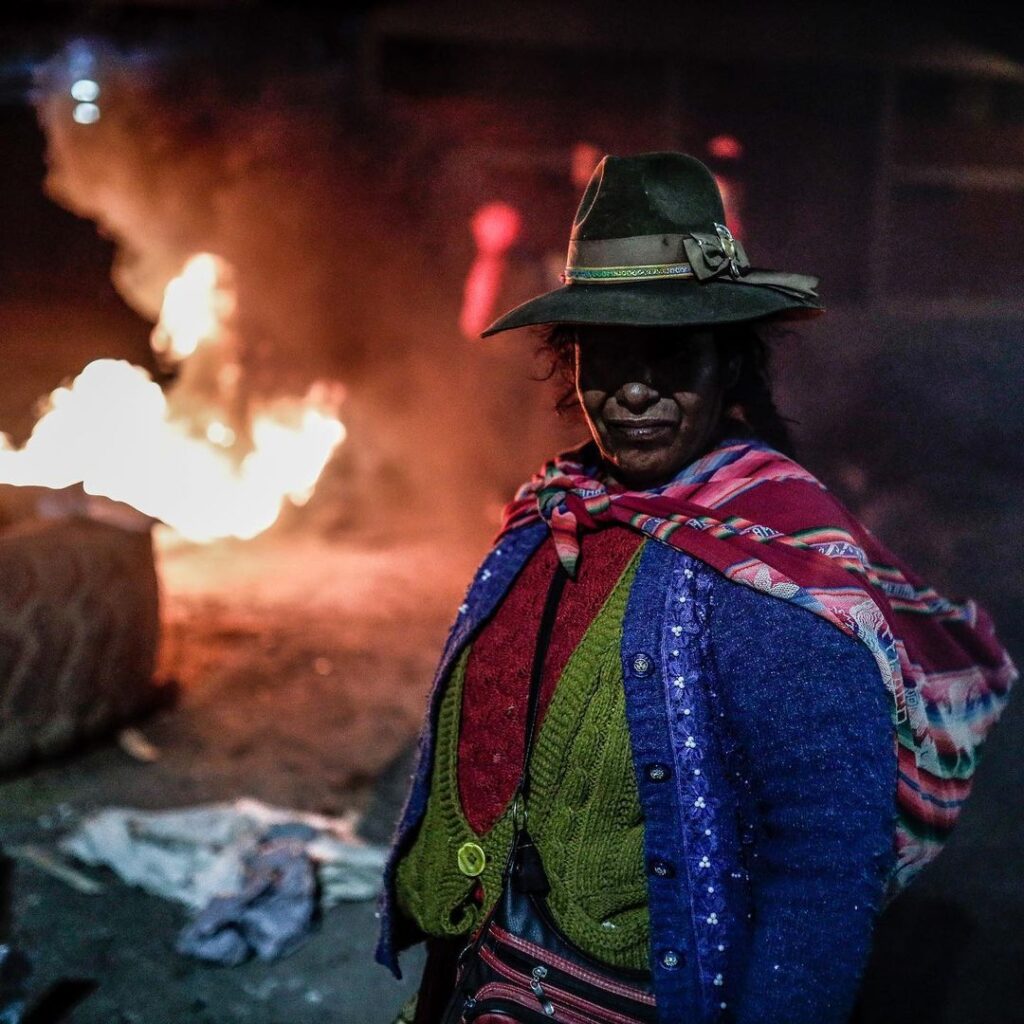By: Asier Hernando Malax-Echevarria
Civil unrest has been on the rise around the world in recent years. While most countries in Latin America have been witnessing them since 2018, Peru is the latest country to join this climate of social unrest. While their causes and entry points differ, they all have two characteristics in common: tensions between inequalities and democracy, and repression by the authorities. Among the various types of violations of civic freedoms monitored by CIVICUS, the most frequent since 2020 has been the arrest of protesters.
Social organisations suffer heavily from the consequences. They are criminalised for instigating protests, their leaders are frequently arrested and their ability to obtain resources is limited through increasingly restrictive legal frameworks. This is why they turn to the international community and international NGOs. Their lives are often at stake, but they do not always have the capacity to respond despite their desire to do so. No situation better portrays the current challenges facing international NGOs than their role during civil unrest.
The rigidity of donor funding, excessive risk aversion or the inability to connect short-term with medium-term responses end up frustrating the demands of social organisations. This can lead to a loss of legitimacy as a sector dedicated to social transformation.
In the same way that NGOs are prepared for humanitarian responses, with specialised teams, protocols, standards and dedicated resources, they must be prepared for civil unrest and political crises. Few NGOs today have guidelines for working in these type of situations; guidelines that provide clarity on the principles that will direct them, their added value and lines of action, which always shift between denouncing, protecting and / or mediating.
The best or only response to social unrest is the one that is prepared in advance, together with partner organisations. Failure to do so leads to improvisation and risk-taking for staff and partners. The principle of no omission and action without harm must be two of its imperatives. And just as important is having one’s own political reading that allows one to anticipate and contribute.
With this special report, we hope to contribute to this reflection, focusing on the case of Peru, but whose analysis can be applied to any other civil unrest.
We will be featuring various interviews, opinion pieces and examples from the last two weeks, with a number of special surprises that we hope will be of particular interest to you. Don’t miss out, join the Sherwood band!



